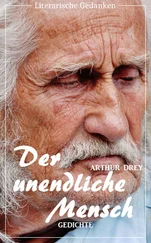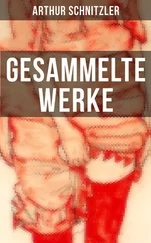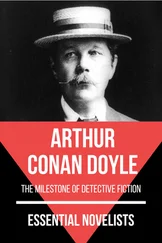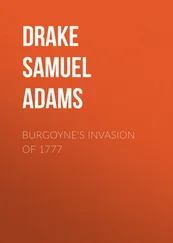The governor made no response to this appeal.
By noon, the men who were posted behind the ramparts in the yard of the Homestead mill were almost worn out with fatigue and hunger. Most of them had been up all night without tasting food, and the strain upon them had been enough to tax sorely the most robust physique. At 1 o'clock a relief expedition was organized and a squad of men carrying baskets of provisions made their way into the yard and by dodging behind furnace stacks and piles of iron managed to reach their suffering comrades without exposing themselves to the fire of the enemy. Cheers from the throng on the hills behind greeted this successful maneuver. The men on guard, after eating a hasty meal, tired and begrimed as they were, announced their intention of staying at their posts to the end.
From time to time, the Pinkertons waved a flag of truce, but it was not respected any more than was the national flag hoisted on the Little Bill. Sentiment had no place in the calculations of the men who formed the garrison in the mill yard. The Pinkertons had made the attack; they had been warned off and refused to go when they had the chance, and they had fired upon the workmen and taken many lives. Therefore, they need expect no quarter. So the flags of truce were shot down one after another and as the display of these symbols made it necessary for one of the Pinkertons to expose himself in every instance, and exposure invariably meant being wounded, this recourse was soon dropped altogether. The horrors of the position of these men increased every hour. The atmosphere of the barges was stifling. The relentless rays of the July sun beat down upon the roofs of the craft and raised the temperature within beyond the limit of endurance. There was scarcely a breath of air to carry away the noxious exhalations from the lungs of the 300 men within and the fumes of smoke and powder. Bullets, bolts, scrap metal and other missiles struck the frail structures on every side and gave promise of demolishing them piecemeal before sunset. Occasionally a missile found its way through a loophole and brought down one of the guards. It was in this way that Thomas J. Connors, of New York, was killed. Connors was sitting under cover in the outer barge, with his head buried in his hands, when a rifle bullet whizzed through the open doorway of the barge and struck him in the right arm, severing the main artery. He died in a few hours. This man's death is a matter of special interest, since it was afterwards made the basis of indictments for murder lodged against several of the Homestead leaders.
Конец ознакомительного фрагмента.
Текст предоставлен ООО «ЛитРес».
Прочитайте эту книгу целиком, купив полную легальную версию на ЛитРес.
Безопасно оплатить книгу можно банковской картой Visa, MasterCard, Maestro, со счета мобильного телефона, с платежного терминала, в салоне МТС или Связной, через PayPal, WebMoney, Яндекс.Деньги, QIWI Кошелек, бонусными картами или другим удобным Вам способом.












